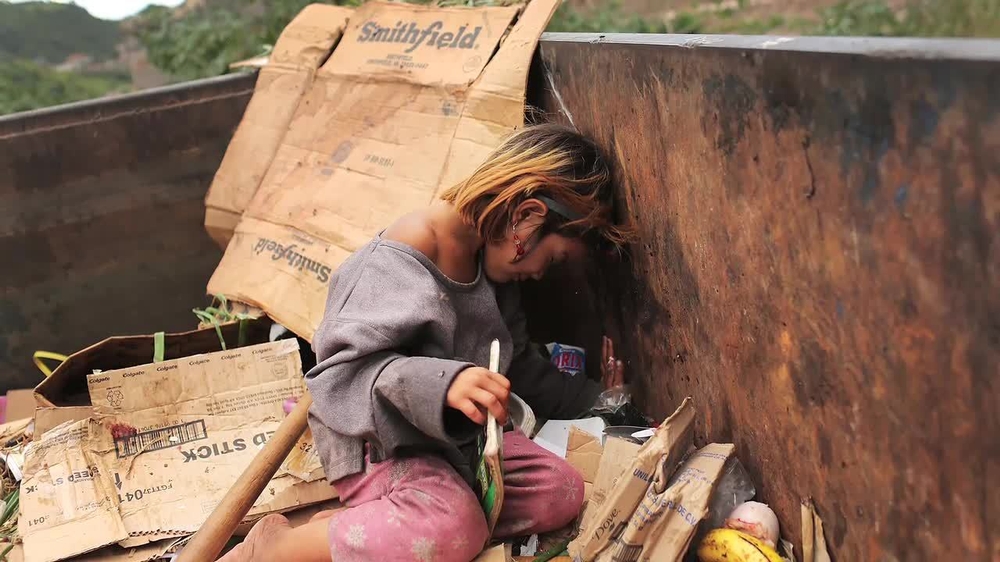At first glance, the streets of Tegucigalpa seem calm. However, Honduras's murder rate is the highest in the world. Much of the violence in the city is related to drug trafficking. Gangs involved in the drugs trade extort businesses, terrorise the population, and engage in vicious turf wars.
Young people who live on the streets pay a particularly high price. According to MSF's 2010 preliminary study, nearly 59 per cent of young people under 18 stated that they had experienced physical violence over the course of the previous year. Forty-five per cent reported that they had been victims of sexual violence. Most of the victims do not bring charges against their attackers, either because they do not trust the authorities or because they consider such action pointless.
Working on the streets
From 2005 to 2010, MSF managed a shelter for young homeless people. The humanitarian organisation then expanded its activities to assist all victims of violence who lack access to emergency medical care. This includes residents of neighbourhoods controlled by gangs and the street population.
MSF works in an area with 95,000 inhabitants. Since late March 2011, an MSF mobile team has been visiting the most violent neighbourhoods every day, providing medical care to people living on the streets. Many of them are addicted to solvents, cocaine, crack, or alcohol and survive by sorting or recycling waste, selling drugs or becoming sex workers.
A year later, in 2012, the MSF staff felt they are starting to make progress. "We are winning the trust of the people and are managing to convince them to seek treatment," says Dr Gustavo Fernandez, who oversees MSF's programmes in Honduras. "That's huge progress."
Doctors from the MSF team diagnose people on the streets and provide first aid such as wound dressing. Psychologists offer counselling sessions. People with more serious problems, such as victims of sexual violence, or people with chronic health problems are referred to four healthcare facilities where MSF doctors and psychologists provide additional medical care.
Huge challenges ahead
When patients in a more serious condition require emergency care, MSF and the patients are faced with the weaknesses of the Honduran healthcare system. Tegucigalpa’s only public emergency department is completely overwhelmed and ambulances will no longer enter the most dangerous neighbourhoods.
For victims of sexual violence, the provision of healthcare is even worse. If treated within 72 hours of an assault, the likelihood for a patient to contract HIV and other sexually-transmitted diseases is significantly reduced. However, the country does not have a national treatment protocol and the morning-after pill was prohibited since 2009. Fear of the police and their aggressor prevents patients from seeking treatment because doctors are required to notify the criminal justice system of all cases.
From January to September 2012, MSF's mobile team conducted 4,500 medical visits on the streets of Tegucigalpa, including 850 mental health consultations. Approximately 600 were treated for violence-related injuries or referred elsewhere for care, including 68 victims of sexual violence



